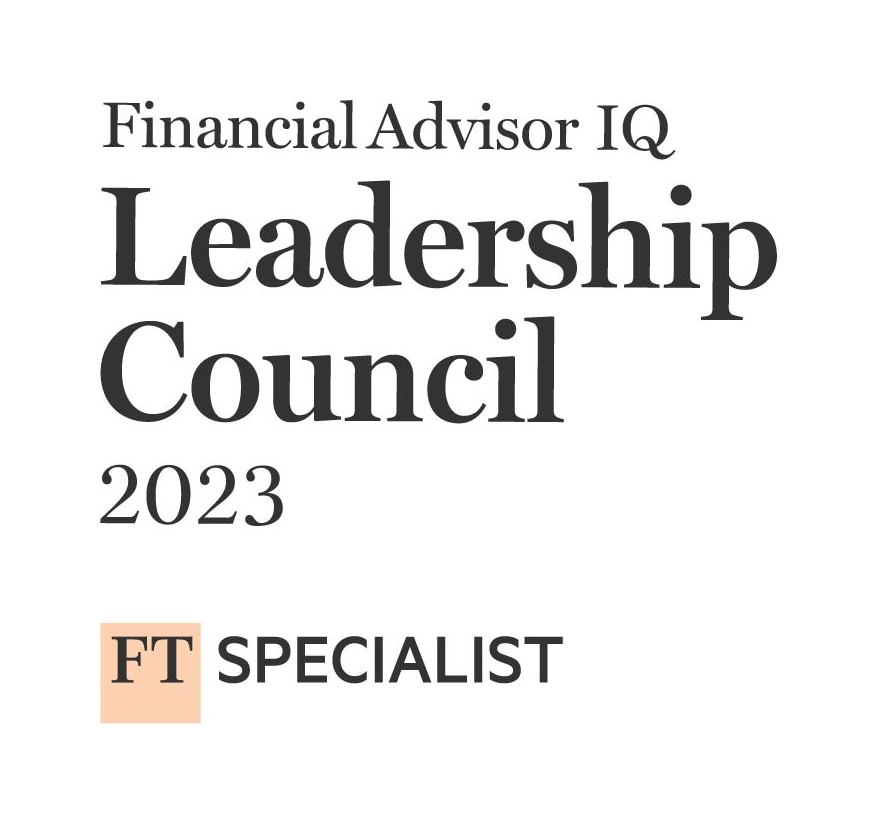It seems we can’t find what you’re looking for. Perhaps searching can help.
Are you financially prepared For a Relaxing Retirement?
Take The AssessmentDisclosures
The Colony Group, LLC (“Colony”) is an SEC Registered Investment Advisor with offices throughout the country. Registration does not imply any level of skill or training. Registration does not imply that the SEC has endorsed or approved the qualifications of Colony or its respective representatives to provide any services described herein. Colony provides individuals and institutions with personalized financial and investment advisory services. On 03/01/24, GW & Wade, LLC (“GWW”) merged with and into Colony. Clients of GWW assigned their advisory agreements to Colony. Information contained herein is general in nature and is provided for informational purposes only. Financial and investment advisory services are provided only through a formal advisory relationship. as follows:
- Forbes Top Women Advisors - Criteria: Award is based on an algorithm of qualitative and quantitative criteria, including a minimum of 7 years of experience, and factors such as revenue trends, AUM, compliance records, industry experience, and best practices. Debra Brede received the award in February 2024 based on data as of September 30, 2023. She also received the award from 2017 through 2023.
- Forbes Best-in-State.Criteria: Award is based an algorithm of qualitative criteria, mostly gained through telephone and in-person due diligence interviews, and quantitative data, including years of experience, revenue trends, AUM, compliance records, client retention, best practices, and approach to working with clients. Debra Brede received the award in February 2023 based on data as of September 30, 2022. She also received the award from 2018 through 2022.
- Forbes Top 250 Wealth Advisors.Criteria: Award based on an algorithm of qualitative criteria learned through telephone, virtual and in-person due diligence interviews, and quantitative data such as revenue trends and assets under management. The algorithm additionally weighs factors such as service models, compliance records and industry experience, and focuses on those that encompass best practices in their approach to working with clients. Debra Brede received the award in April 2023 for the twelve months ending 06/30/22. She also received the award from 2016 through 2022.
- Barron’s Top 100 Women Financial Advisors.Criteria: Barron’s proprietary analysis of the following qualitative and quantitative criteria: a minimum of 7 years of financial services experience, acceptable compliance record, client retention, assets under management (AUM), revenues generated, and the quality of the advisor’s practice. A portion of the ranking considers a sampling of a financial advisor’s clients. Debra Brede received the award in June 2023 for the twelve months ending 03/31/23. She also received the award from 2006 through 2022.
- Barron’s Hall of Fame Advisor.Criteria: The award recognizes advisors who have ranked for ten or more years on any one of following Barron’s Top Advisor lists: Top 100 Financial Advisors, Barron’s Top Women Financial Advisors, or Top 100 Independent Advisors. Debra Brede received the award in 2019.
- Barron’s Top 1,200 Financial Advisor.Criteria: Barron’s creates its ranking based on a formula that takes into consideration three major categories, including assets, revenue, and quality of practice. Barron’s also considers a wide range of qualitative factors, including the advisor’s experience, their advanced degrees and industry designations, the size, shape, and diversity of their team, their charitable and philanthropic work and their compliance record. Debra Brede received the award in March 2022 for the twelve months ending 09/30/21. She also received the award from 2017 through 2021.
- Financial Times 400 Financial Advisors.Criteria: Financial Times creates a numeric score that is based on AUM, asset growth, compliance record, experience, credentials, and accessibility. AUM and AUM growth accounted for over 85% of the score. Debra Brede received the award in 2020 for the following year. She also received the award in 2013, 2015, 2016, and 2018. As a result of being recognized on this list, Ms. Brede was invited to be a member of the Financial Advisor IQ Leadership Council in 2022 and 2023.
- Five Star Wealth Manager.Criteria: Credentialed as an IAR, FINRA-registered rep, a CPA, or a licensed attorney; at least five years in the financial services industry; favorable regulatory and complaint history review; meeting firm’s review standards; accepting new clients; one and five-year retention rates; assets administered; number of households served; and education and professional designations. Debra Brede received the award on 02/01/24 for the time period 05/23/23 through 01/06/24. She also received the award from 2012 through 2023. Barry Morgan received the award on 02/01/24 for the time period 05/23/23 through 01/06/24. He also received the award from 2020 through 2023.






